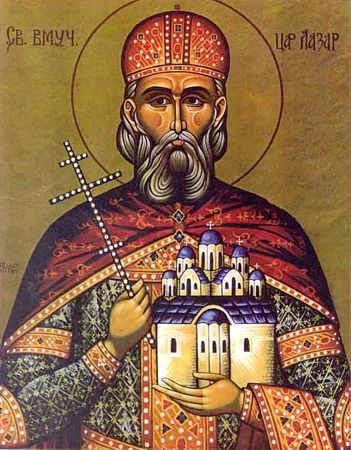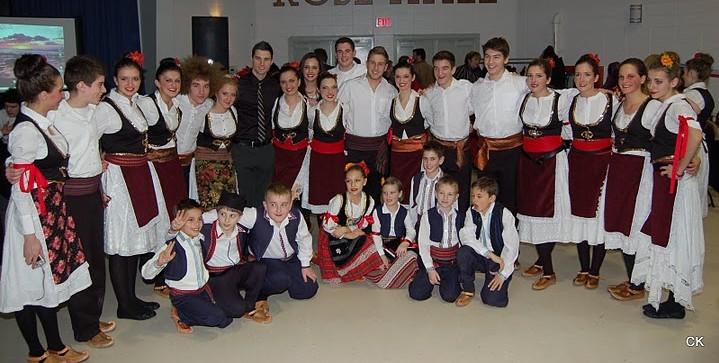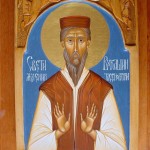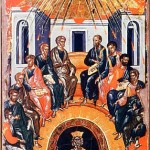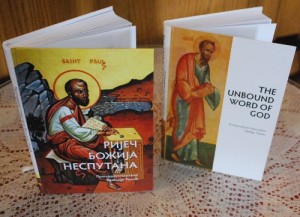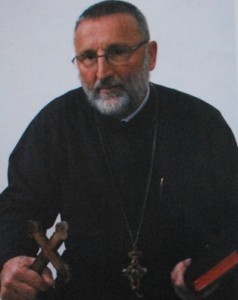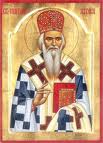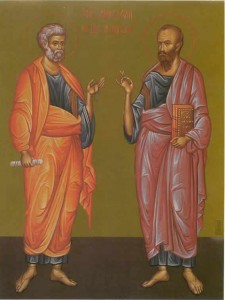 Tuesday. [I Cor. 12:12-26; Matt. 18:18-22; 19:1-2, 13-15]
Tuesday. [I Cor. 12:12-26; Matt. 18:18-22; 19:1-2, 13-15]
Wanting to know how many times one should forgive his brother, Saint Peter asked with the suggestion: forgive till seven times? Saying this, he thought that he chose the greatest amount. How short is human patience! The Lord, applying His longsuffering to our infirmities, determined, I say not unto thee, Until seven times: but Until seventy times seven. This is the same as saying: always forgive and do not think about not forgiving. All-forgivingness shall be the distinctive feature of a Christian spirit, as all-forgivingness is the source and constant support of our life in the Lord, from God Himself. Customary forgiving everyone of everything is the outer clothing of Christian love, which according to the Epistle, suffereth long, and is kind, is not easily provoked, beareth all things (I Cor. 13:4-7). It is the most faithful guarantee of forgiveness at the last judgment; for if we forgive, our heavenly Father will also forgive us (Matt. 6:14). In such a manner, if you want to go to heaven—forgive everyone, sincerely, from the bottom of your heart, so that not even a shadow of hostility remains.



